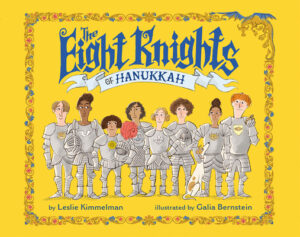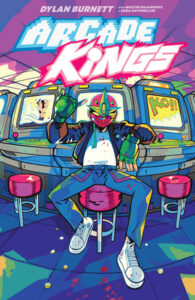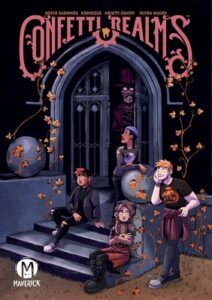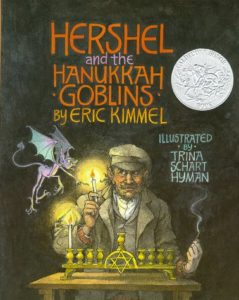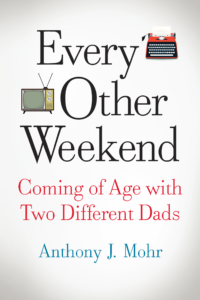Holly Golightly knew how to make an impression. That’s the first impression that Truman Capote wants his readers to come away with. Years after Capote’s unnamed first-person narrator last saw Holly, he drops everything to go see a bar owner who called him out of the blue after not being in contact for quite a long time. Holly is their one point of connection. “I took a taxi in a downpour of October rain, and on my way I even thought she might be there, that I would see Holly again.” (p. 10) But no, all that Joe Bell has is a photograph from Africa, dated 1956 — Breakfast at Tiffany’s was first published in 1958 — of a wood carving that is the spitting image of Holly. Apparently she made an impression in Africa, too.

That encounter with an image of her likeness leads the narrator to recount the days during World War II when he was new in New York and lived upstairs from Holly in a Manhattan brownstone that had been subdivided into rooms and apartments. Here is how he first saw her, one night well after midnight, when she had awakened several residents by ringing the bell:
I went out into the hall and leaned over the banister, just enough to see without being seen. She was still on the stairs, now she reached the landing, and the ragbag colours of her boy’s hair, tawny streaks, strands of albino-blond and yellow, caught the hall light. It was a warm evening, nearly summer, and she wore a slim cool black dress, black sandals, a pearl choker. For all her chic thinness, she had an almost breakfast-cereal air of health, a soap and lemon cleanness, a rough pink darkening in the cheeks. Her mouth was large, her nose upturned. A pair of dark glasses blotted out her eyes. It was a face beyond childhood, yet this side of belonging to a woman. I thought her anywhere between sixteen and thirty; as it turned out, she was shy two months of her nineteenth birthday. (p. 17)
Quite a lot to see whilst leaning over a banister in the wee hours of the night. And so Capote begins establishing the fantasy of Holly Golightly, whose escapades form the bulk of the story. The narrator and essentially all of the other men in the novella are fascinated with her, and Capote seems to delight in piling on the improbabilities as the story goes on. She is attractive, smart but also willing to play dumb or at least distracted, energetic, impulsive. She’s also perfectly willing to lead men on, and they are more than happy to play the part in hope of winning her favor, or at least standing higher in her esteem than the other men who have gathered round.
The individual scenes and anecdotes are generally funny, and the momentum is unstoppable, though by the end I thought that Capote was seeing how much his audience would put up with. Quite a bit, as the movie adaptation and the book’s continued popularity show. The Brazilian diplomat, the exchange of partners, the child bride, the Hollywood brush with stardom, the adorable old Mafia guy, the assembly of colonels and captains all invited to the same party. And she’s not yet nineteen! Reader, don’t think about this too hard, just have another cocktail and enjoy the antics.
There are three more stories in the book, one about prostitutes in Haiti, one about an escape from a prison farm, and one a piece of Christmastime Southern Gothic. The last is the most touching, especially its ending; all three are very mid-twentieth century writerly tales.
 I also desperately needed a break from the psychological thrillers that have made up the vast majority of my work reading recently. This novelette was the perfect length to give me a tiny respite, especially since I stayed up late to devour Britney Spears’ memoir too last night — a full review of which will be forthcoming after Christmas. I did actually pause when I realized this story was also a mystery, tho, granted, in the hardboiled PI genre. But since my beloved Wax And Wayne series of this author’s is technically a Western, I figured I’d still be in for a transporting sci-fi treat.
I also desperately needed a break from the psychological thrillers that have made up the vast majority of my work reading recently. This novelette was the perfect length to give me a tiny respite, especially since I stayed up late to devour Britney Spears’ memoir too last night — a full review of which will be forthcoming after Christmas. I did actually pause when I realized this story was also a mystery, tho, granted, in the hardboiled PI genre. But since my beloved Wax And Wayne series of this author’s is technically a Western, I figured I’d still be in for a transporting sci-fi treat.


